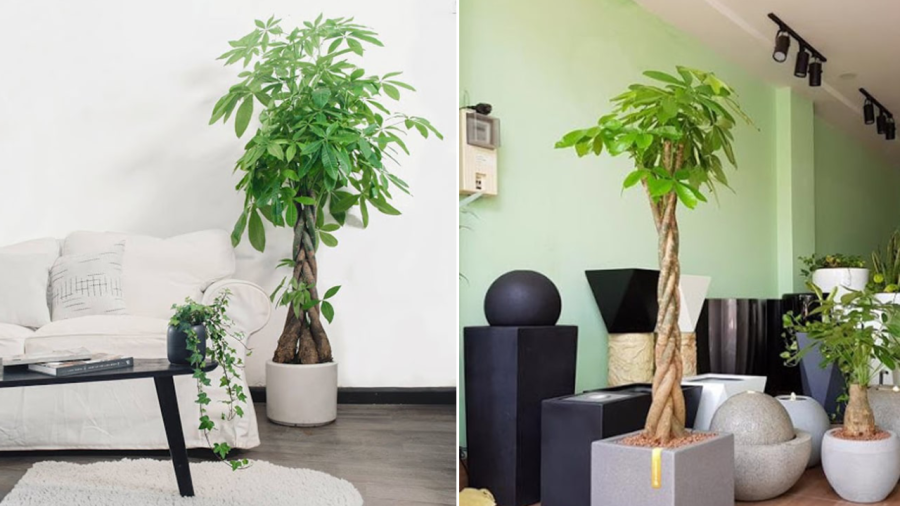1. Avoid Planting Flowers with Low Resistance
When selecting flowers to plant, opt for those that are resilient, easy to grow, and care for. Planting flowers with low resistance can make your living space dreary, increase negative feelings, and impact the energy and luck of the household.
Flowers with low resistance are usually more susceptible to pests and diseases, requiring meticulous and time-consuming care. However, this not only takes up your time but also risks spreading these issues to other houseplants, affecting your daily life.

Choose Resilient Flowers for Planting
Additionally, when plants are infected, using pesticides becomes inevitable. The fumes can enter your home, negatively affecting the health of your family members. Pests from the plants can also spread, invading your living space and causing inconvenience and hygiene issues.
For these reasons, flowers like roses, marigolds, hydrangeas, gardenias, and jasmine, despite their beauty, are not recommended for indoor or small balcony gardens. Instead, consider growing orchids, snake plants, peace lilies, or poinsettias, which are easier to care for and less prone to pests and diseases.
2. Don’t Overdo It with Too Many Flowers and Plants Indoors
While it’s great to have a passion for flowers and plants, turning your home into a miniature garden with an abundance of greenery is not advisable due to potential health and feng shui concerns.
From a health perspective, having too many plants indoors means they will compete for oxygen and release CO2, especially at night. This can negatively impact the sleep quality and overall health of your household.
Moreover, an excessive number of plants can block light and disrupt airflow, leading to an imbalance of yin and yang, affecting the feng shui, and potentially resulting in financial losses and a stuffy atmosphere.
Therefore, when planting indoors, consider the appropriate number of plants and avoid choosing ones with large, dense foliage that may obstruct light and airflow.
3. Steer Clear of Thorny or Poisonous Plants
Aside from aesthetics and feng shui considerations, safety and health should be paramount when choosing flowers and plants for your home. Avoid planting poisonous plants, no matter how beautiful they may be, as they can pose a health risk to your family.
Some poisonous flowers and plants include foxgloves, peach blossoms, datura, and daffodils, which contain toxic substances that can be dangerous, especially to children and the elderly. While they may be visually appealing, the risks they pose are not worth keeping them in your living space.
Additionally, thorny plants like cacti and succulents are not ideal for indoor spaces, especially with children or elderly family members. The sharp spines can cause injuries, making them a potential hazard.
Choosing the right flowers and plants for your home requires careful consideration, taking into account not just their beauty but also their safety, health implications, and feng shui benefits. By selecting robust, pest-resistant, and non-toxic plants, you can create a harmonious living space filled with vitality and good fortune.
“Why Do the Elders Say, ‘If You Don’t Plant Bamboo in Front, Plant Fewer Trees at the Back’? What Happens If You Do Plant Bamboo?”
The ancient wisdom advises, “If you don’t plant bamboo in front of your house, plant fewer trees behind it.” This cryptic proverb offers insight into the delicate balance between our built environment and nature. It is a reminder that while we may not always understand the intricacies of these ancient sayings, there is value in preserving and respecting the natural world that surrounds us.



































